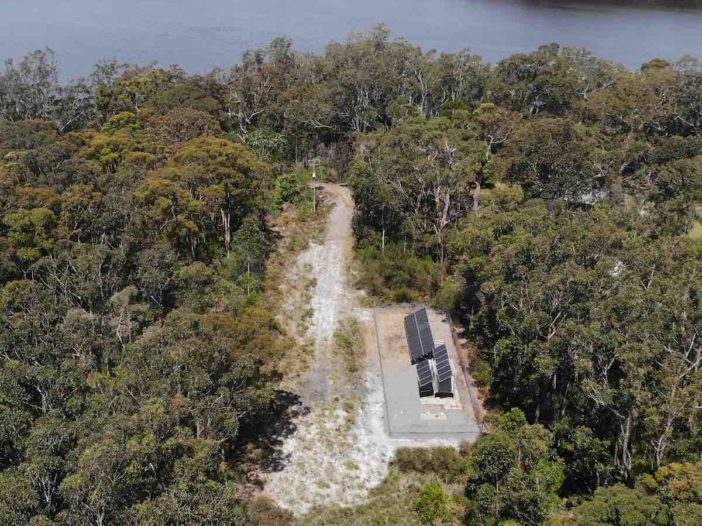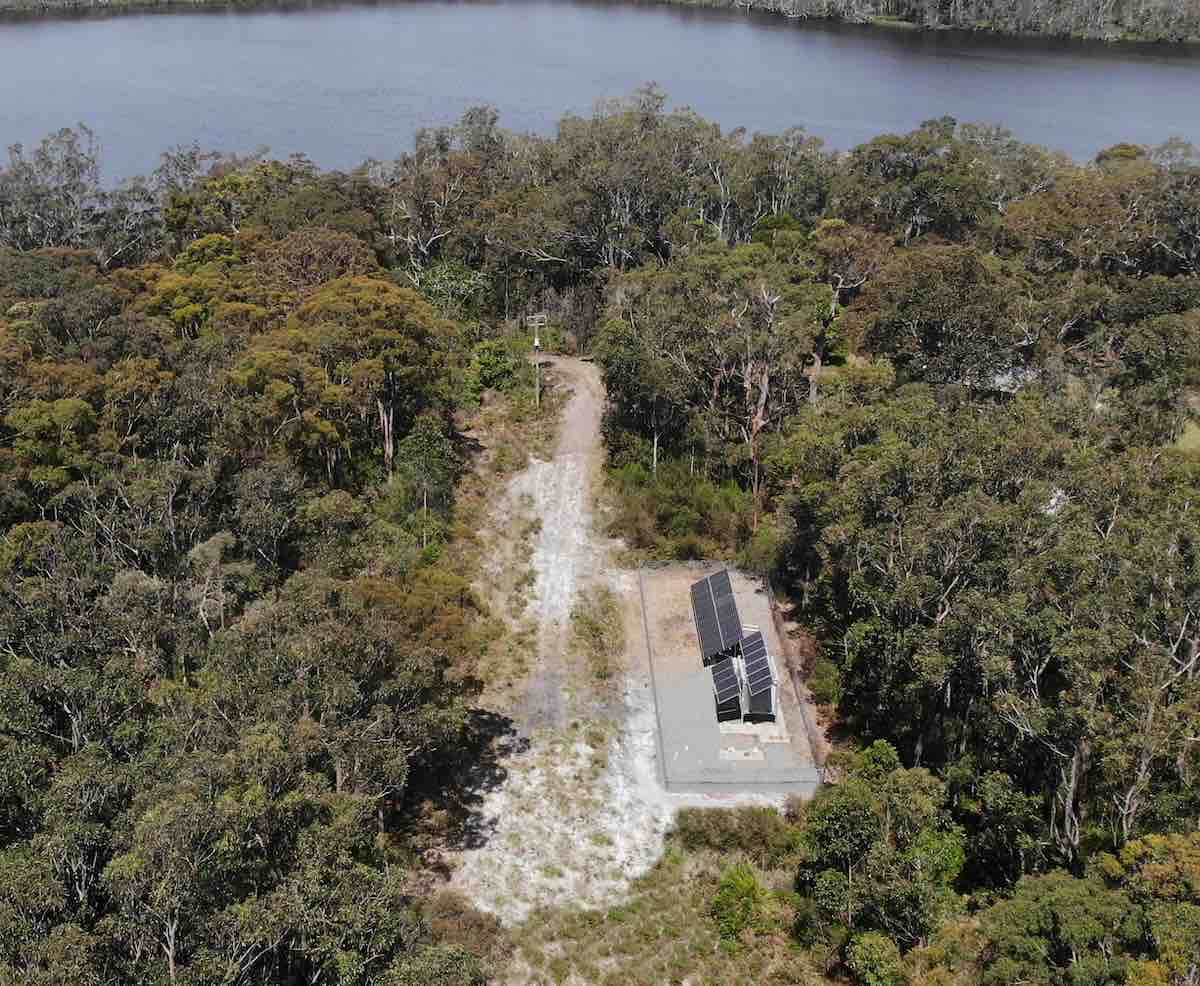
Boundary Power has deployed its first standalone solar and battery based power system on Australia’s east coast, to provide “continuous, reliable, off-grid power” to an unnamed end user in remote New South Wales.
Boundary Power, a joint venture between NSW-based Ampcontrol and Western Australian utility Horizon Power, has become a leading provider of stand-alone power system (SAPS) technology as a cheaper and more sustainable alternative to poles and wires in remote and fringe-of-grid locations.
To this end, it has created the Solar Qube, which combines PV panels, inverters, battery storage, and a backup generator in a bespoke standalone unit.
Assembled, tested and commissioned offsite, the Solar Qubes take just 90 minutes to deploy once on site, as demonstrated in a recent episode of Channel 10’s Australia ByDesign.
Boundary Power says this is the first time that its bespoke off-grid solar solution has been deployed on the east coast of Australia, in this case in the Hunter Valley – although the exact location, and customer, is not being made public.
The company says the Solar Qube has been deployed at one of the first trial sites for SAPS for the utility provider – also unnamed.
Boundary Power says the Solar Qube in this case combines a 4kW high efficiency PV array with an existing 6.6kW array, a 7.5kW battery inverter with short term peak capacity 18kW, a 16.8kWh lithium iron phosphate battery bank with cooling module, and a 15KVA genset with a 600 litre tank.
“To have Boundary Power’s very first Solar Qube deployed into New South Wales, a market that is seeing significant growth, is exciting for the team who designed the product here in the Hunter Valley,” said Rod Henderson, managing director & CEO of Ampcontrol.
Boundary Power says during the planning for the Hunter Valley SAPS, it was identified that a key requirement was to have the unit raised off the ground to mitigate against future floods risk.
“The design of the Solar Qube was ideal for addressing flood mitigation as it can be significantly raised from the ground, and had the ability to meet the power requirements at the site,” the company says.
Ausgrid is the distribution network service provider in the Hunter region and according to its website is selecting up to 10 landowners who live in hard to access or remote environments in the Hunter and Central Coast regions to participate in a SAPS trial – although any link with the Boundary Power Solar Qube has not been confirmed.
“The expected key benefits of introducing SAPS will be an improvement in resilience and reliability of supply for those customers in hard-to-reach areas and the reduction in cost of maintenance of the network,” Ausgrid says.
Ausgrid says other expected benefits of the trial include a reduction in bushfire risk with the removal of poles and wires and, in cases where there are clusters of customers, the possibility to expand a SAPS into a microgrid.
“We look forward to seeing the increase in demand from the east coast as they follow in Western Australia’s footsteps and embrace off-grid renewable SAPS to deliver energy into remote communities,” said Boundary Power’s Henderson of the east coast system.
Boundary Power also received a boost in June after the Western Australian government chose the company as one of two to receive $37 million in new funding to support the deployment of more than 180 additional off-grid power systems across the state.
Additional reporting from Sophie Vorrath



